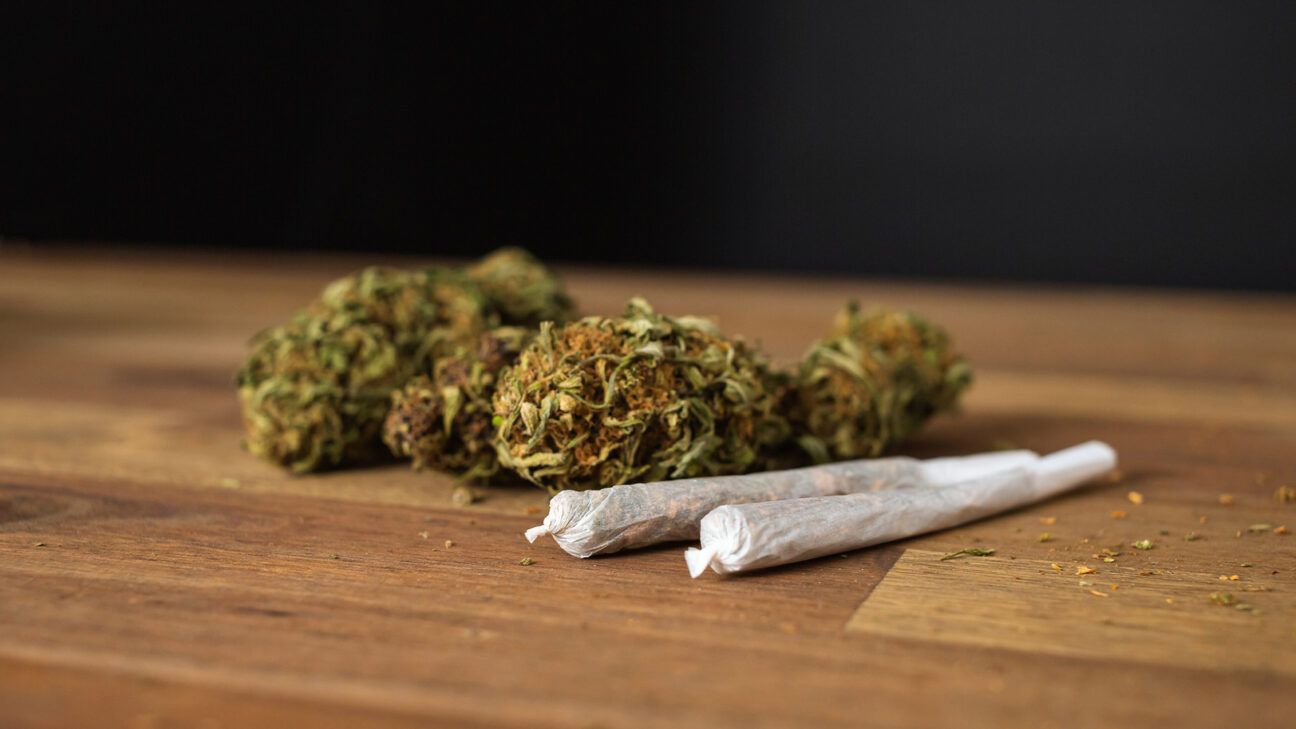Search Result For: insomnia

Date: 2025/04/03 - 15:00
Spending less time in 2 deep sleep stages may contribute to Alzheimer’s
Spending lower proportions of time in two deep sleep stages — including REM sleep — may be linked to volume changes in critical brain regions that can be vulnerable to Alzheimer’s disease, a new study finds.

Date: 2025/04/01 - 18:00
1 Hour of Screen Time at Bedtime Reduces Sleep by 24 Minutes, Study Finds
A new Norwegian study finds that one hour of screen time at bedtime results in a 59% higher risk of insomnia and 24 fewer minutes of sleep. The findings indicate that social media use is no more disruptive to sleep than watching TV or movies or reading on a mobile device.

Date: 2025/03/17 - 21:00
Anxiety is linked to gut health: Could probiotics help treat it?
People with anxiety can experience decreased microbial diversity and fewer short-chain fatty acid-producing bacteria, recent evidence indicates. It also suggests that probiotics may help manage anxiety.

Date: 2025/03/16 - 19:32
'White Lotus' Characters Pop Lorazepam Pills, Highlighting Risks of the Drug
In Season 3 of the HBO series "The White Lotus," some characters pop lorazepam like candy, highlighting the potential for dependency and misuse. The prescription drug is a benzodiazepine used to treat anxiety, panic attacks, and insomnia due to anxiety or situational stress.

Date: 2025/02/01 - 21:32
Frequent Cannabis Use May Damage Working Memory, Decision-Making Skills
New research shows that heavy lifetime use of cannabis — more than 1,000 times — is associated with reduced activity in areas of the brain involved in working memory. The study adds to existing research suggesting that frequent cannabis use may affect certain thinking skills.

Date: 2025/01/25 - 11:00
How a good night's sleep may help us restrict bad memories
Disrupted sleep and sleep loss interferes with the brain's ability to filter out bad memories, which could contribute to a range of mental health conditions, such as anxiety, depression, and post-traumatic stress disorder (PTSD).

Date: 2025/01/22 - 00:32
GLP-1 Drugs Benefit Brain and Heart Health, but May Cause Kidney, GI Issues
A large study published in Nature Medicine reviewed the effects of GLP-1 drugs like Ozempic and Mounjaro on 175 different health outcomes. The findings show benefits for brain and heart health, but risks of developing gastrointestinal, kidney, and pancreatic issues.

Date: 2025/01/14 - 21:00
Common sleep medication may prevent brain from clearing 'waste'
In a mouse study, researchers found that zolpidem (Ambien), a common sleep aid, could prevent the brain from effectively clearing up 'waste', though it remains unclear whether this could affect cognitive functions.

